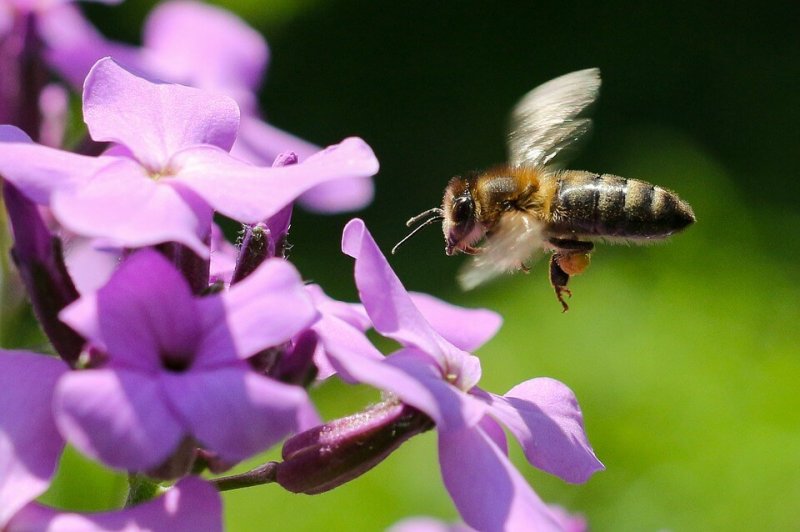As members of that subset of the human population who love insects, we have been alarmed by a recent publication reporting their global decline and impending extinction (Sánchez‐Bayo & Wyckhuys,2019), and the accompanying media furor.
[Editor’s note: The authors of this article are biologists at the University of York and Cardiff University in the UK.]
Indeed, there has been a growing tide of concern over the magnitude and potential consequences of diminishing insect populations. However, we respectfully suggest that accounts of the demise of insects may be slightly exaggerated. Bad things are happening—we agree—but this is not the whole story.
We call for hard‐nosed, balanced, and numerical analysis of the changes taking place, and for calm and even‐handed interpretation of the changes, rather than rushing headlong into the hyperbole of impending apocalypse
…
Many studies find that abundances, biomass, or species richness are declining in some locations, but not everywhere, and some species are declining but others are not. For example, Shortall et al. (2009) reported declines in flying insect biomass at one of four sample sites over a 30‐year period, while Fox et al. (2014) reported that, while 260 British moth species declined, 160 increased significantly.
In both cases, extrapolating the average rate of decline to a future zero‐biomass or zero‐species world would clearly not be appropriate, since declines are not evident at many sites and for many species.
Read full, original article: “Insectageddon”: A call for more robust data and rigorous analyses































